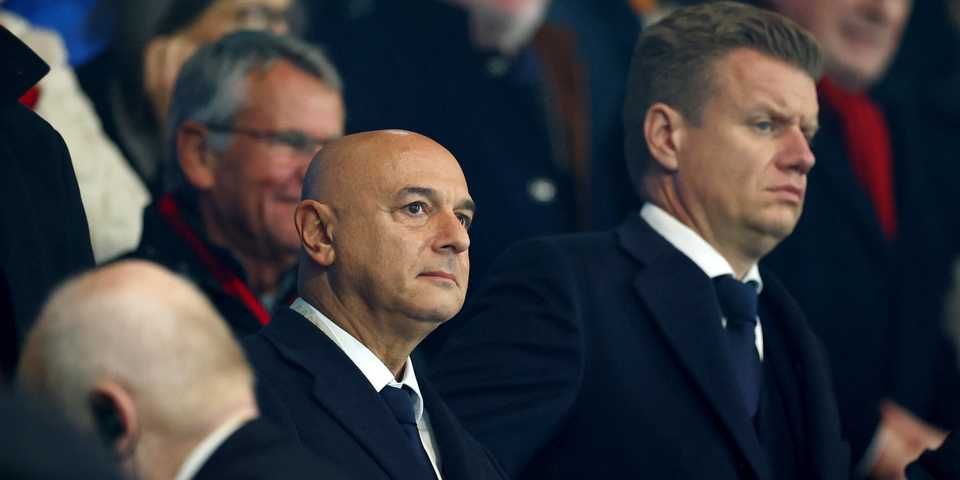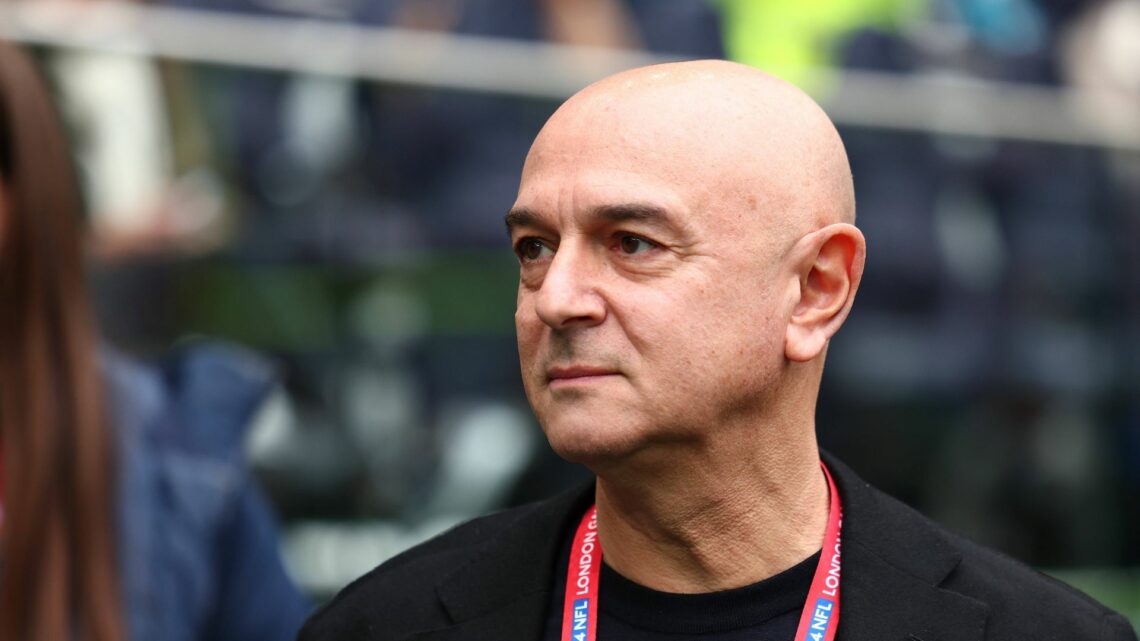The latest financial figures from Tottenham Hotspur paint a picture of a club navigating the delicate balance between sporting ambition and fiscal responsibility. For the year ending June 30, 2024, Spurs reported total revenue and other income of £528.2 million, marking a noticeable decline from the £549.6 million recorded in 2023.
This dip stems primarily from two key factors—nine fewer home games across all competitions and the absence of European football following their failure to qualify at the end of the 2022/23 campaign.
Matchday receipts reflected this reality, dropping from £117.6 million in 2023 to £105.8 million. The financial impact of missing out on continental competition became even clearer when examining UEFA prize money, which plummeted to just £1.3 million compared to the £56.2 million earned the previous year when the club reached the Champions League round of 16.
This stark contrast underscores how crucial European participation remains for clubs operating at the highest level of the game.
However, not all financial indicators pointed downward. The North London club enjoyed growth in several revenue streams, with TV and media income rising from £148.1 million to £165.9 million.
Commercial revenues also saw healthy progress, climbing from £227.7 million to £255.2 million—a testament to the club’s ability to maximize its brand appeal even during a challenging sporting period. These increases helped offset some of the losses from reduced matchday and European income.

From an operational perspective, Tottenham demonstrated improved efficiency. Operating expenses before football trading decreased to £453.6 million from £487.9 million, while profit from operations before accounting for depreciation, amortization, player trading, interest, and taxation rose by 4% to £144.9 million.
The full-year loss after all these factors stood at £26.2 million—a significant improvement from the £86.8 million loss recorded in 2023.
The club’s financial structure reveals careful long-term planning. Net debt increased to £772.5 million from £677.4 million, but with over 90% of borrowings at fixed interest rates averaging just 2.79% and an average maturity of 18.6 years—some extending to 2051—the debt profile appears manageable and unlikely to hinder squad investment in the immediate future.
Chairman Daniel Levy addressed these results with characteristic pragmatism, acknowledging the difficulties of a season that saw Spurs languishing in 14th Premier League position at the time of reporting.
However, he pointed to the Europa League quarter-final berth as a potential route to both silverware and Champions League qualification—a combination that could transform next season’s financial outlook.
Levy’s statement emphasized Tottenham’s substantial investment since opening their state-of-the-art stadium in 2019—over £700 million net on player acquisitions—while striking a cautionary note about sustainable spending.
“We cannot spend what we do not have,” he stressed, highlighting the club’s ninth-place ranking in global football rich lists while explaining that operating revenues must ultimately dictate expenditure.
The chairman’s comments reflect a club determined to maintain financial stability while competing at the highest level. Tottenham’s diversified income streams—particularly their growing commercial and media revenues—provide a buffer against the volatility of on-pitch results.
As the club looks to strengthen its squad while remaining within financial fair play parameters, these latest figures demonstrate both the challenges of elite football economics and the importance of long-term strategic planning in an increasingly competitive landscape.
With the potential for European success still alive this season and a world-class stadium generating significant non-football revenue, Tottenham appear well-positioned to weather current sporting difficulties while maintaining their upward trajectory off the pitch.
The coming transfer windows will test their ability to balance ambition with prudence—a challenge Levy and his team appear prepared to meet with their characteristic blend of caution and determination.

